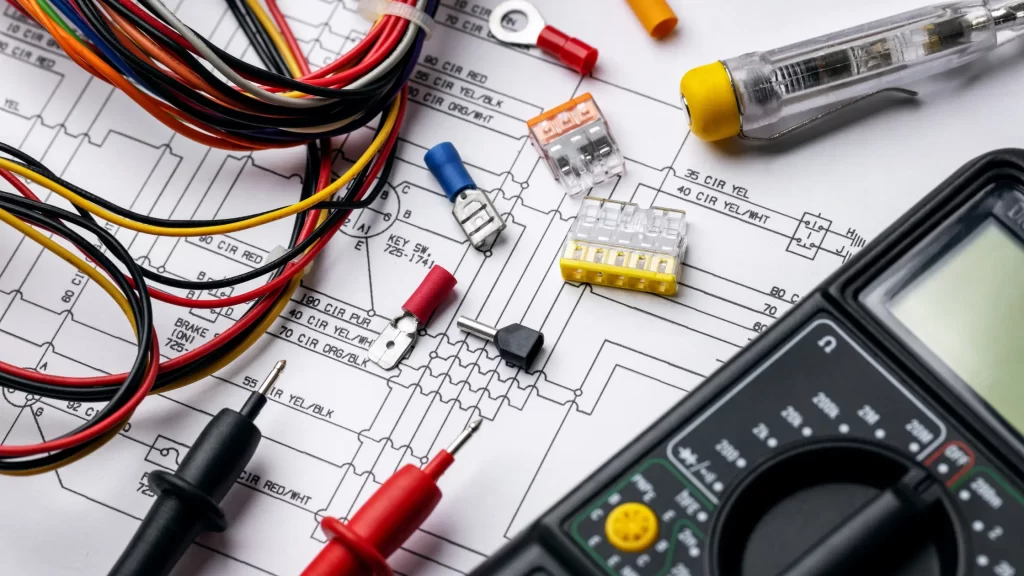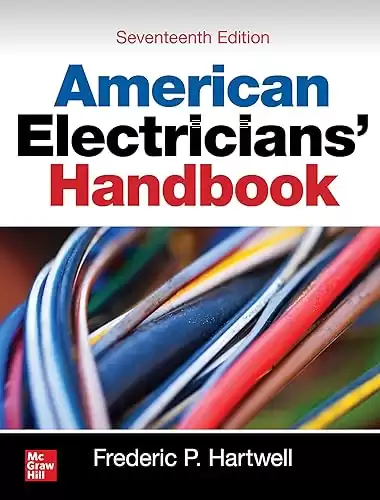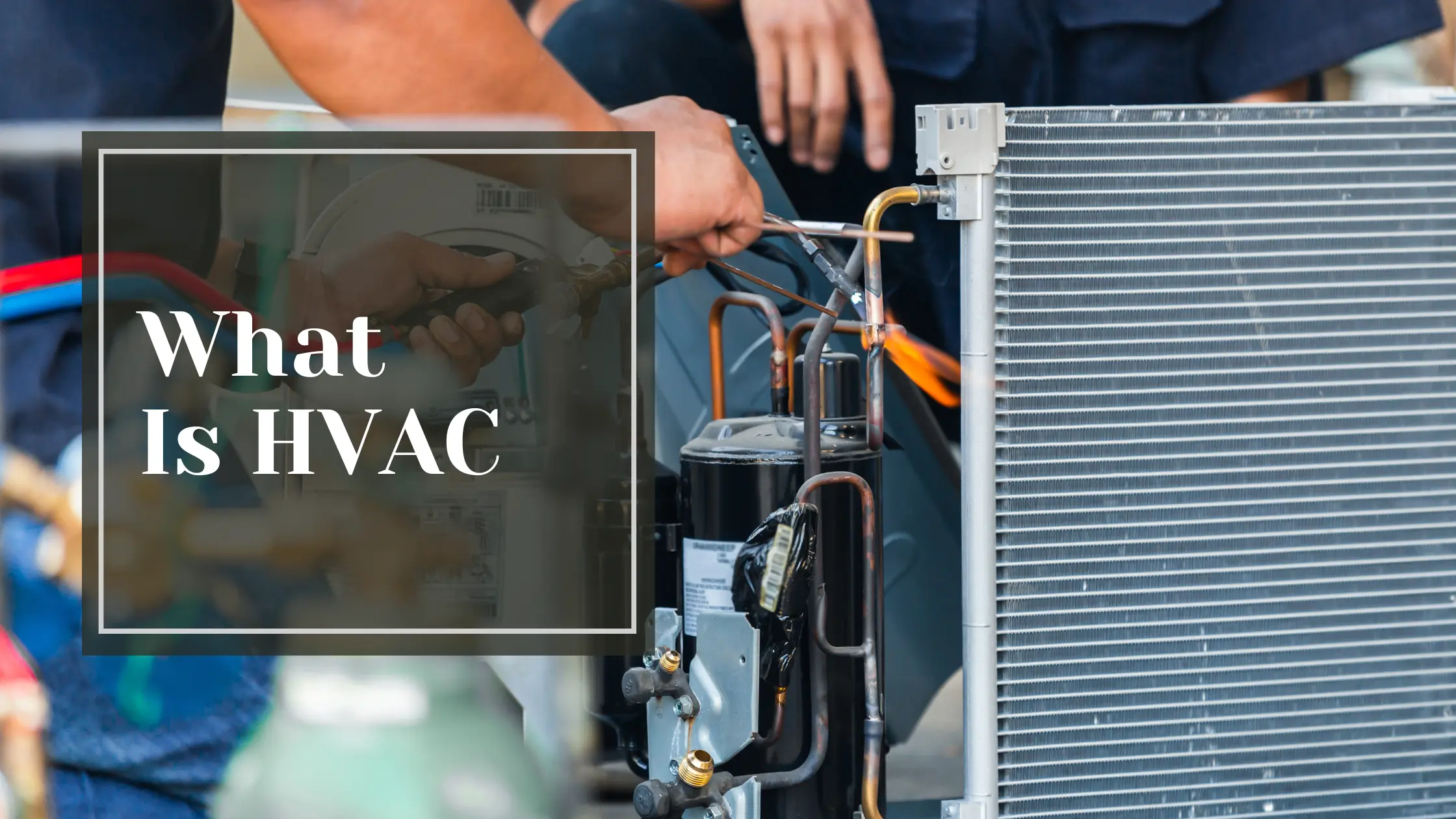When you are somebody who is thinking of getting engaged in the skilled trades, being an electrician will provide you with a steady and well-paid career. By gaining the right education, training, and experience, you can find yourself on a path to success in this expanding field. To pursue a career as an electrician, it’s important to know how one can get qualified and gain practical knowledge. This article will help you to overcome all the challenges connected with becoming an electrician.
Table of Contents
ToggleEducational Requirements to Become an Electrician
To become a licensed electrician, you will need to complete an apprenticeship program and pass an exam.
Apprenticeship Programs
- Most of the time, apprentice programs take four years to complete. Candidates must be at least 18 years old, possess a high school diploma or GED equivalent, and pass a drug and aptitude test before they qualify for the apprenticeship program. Apprentices have classes and work under licensed electricians to accumulate valuable practical skills.
Licensing Exams
- The requirements that each applicant must fulfill before getting a license include passing through apprenticeship programs successfully. Its variations are different by each state but usually, they involve taking an examination that tests your knowledge of electrical theories, safety standards as well as national electrical code. Among them are the Journeyman Electrician exam and the Master Electrician exam.
Continuing Education
- To maintain your certificate up-to-date every year requires completing various credit hours depending on the state; ranging from twelve up to twenty-four hours annually. Continuing education helps ensure you stay up-to-date with the latest technologies, safety standards, and building codes in the electrical field.
Electrician Licensure and Certification
To become a licensed electrician, you will need to meet your state’s licensing requirements. Typically, this will involve passing an exam to demonstrate your knowledge and skills.
Educational Requirements
- Most states require electricians to complete a certain number of hours of technical training and on-the-job experience. You will usually need at least a high school diploma or equivalent, but some states require additional coursework or an associate’s degree in electrical technology or a related field.
Experience Requirements
- To become licensed, you will need to gain on-the-job experience, usually a minimum of 2 to 5 years, depending on your state. Some states require all of this experience to be completed before you can take the licensing exam, while others allow you to take the exam after completing a certain number of hours. During this time, you will work as an apprentice under the supervision of a licensed electrician.
Licensing Exams
- Nearly all states require electricians to pass an exam to become licensed. The most common exams are the National Electrical Installation Standards (NEIS) exam and the National Electrical Code (NEC) exam. These test your knowledge of national standards for safe electrical installation and wiring. Some states have their state-specific licensing exams as well.
Continuing Education
- To maintain your license, you will need to complete a certain number of hours of continuing education each year. Requirements vary by state but usually involve taking courses to keep your knowledge up to date with the latest codes, safety standards, and best practices.
The "American Electricians' Handbook, Seventeenth Edition" is a practical, on-the-job resource packed with essential information on current energy-efficient technologies, safety methods, and industry standards. With detailed explanations, diagrams, and calculations, it's an indispensable tool for electricians at all skill levels.
Job Duties and Responsibilities of Electricians
As an electrician, you will have several important responsibilities to fulfill. Your primary duty is to install and maintain electrical systems in residential, commercial, and industrial buildings. This includes installing wiring, breaker boxes, outlets, and other components that provide power to facilities and equipment.
Installation of Electrical Systems
- Electricians always adhere to the narrative of the building and the diagrams are given so that they can know where circuits, outlets, light fixtures, etc. should go as they lay new electrical systems. You will place conduits and wires from your breaker panels to other points of connection such as outlets while ensuring that all connections are correct and safe. Proper installation helps reduce the risk of electric shocks, fires, and other issues.
Repair and Maintenance
- Electricians frequently perform repair and maintenance on existing electrical systems. This includes problem-solving power outages or blinking lights by performing necessary repairs or replacements that can help rectify a situation effectively. Periodic inspections and testing of circuit breakers, transformers, wiring, etc. can be done to identify any possible problems before they become major difficulties. Preventative maintenance helps maximize safety, efficiency, and equipment lifespan.
Safety and Building Code Compliance
- Electricians must ensure work is performed safely according to applicable building codes. Actions required include safety precautions like shutting off lines before any installations or repairs are done by you. Every work should be done in such a way that it complies with National Electrical Code (NEC) requirements as well as state/ regional codes for minimizing hazards thereby allowing successful inspections.”
How Much Do Electricians Earn?
As an electrician, you can expect to earn a median pay of $56,180 per year in the United States. Actual wages will depend on factors such as experience level, certification, and job responsibilities.
Apprentice Electricians
- Apprentice electricians earn a percentage of a journeyman electrician’s pay, typically starting around 50% and increasing to 90% by the end of a 4-year apprenticeship program. Apprentices in the U.S. earn an average of $21.62 per hour or $45,000 per year.
Journeyman Electricians
- Journeyman Electricians (who have finished their apprenticeship training) earn on average $58,000 annually or $28.14 per hour. The actual pay depends largely on location and employer. Unionized journeymen get paid better starting at about $92k/year which makes nearly $44/hour.
Master Electricians
- Master electricians who are also known as electrical contractors earn higher wages. On average, master electricians receive $39.83 per hour or $82,000 per year. However, some self-employed masters can make up to $100,000 every year or more than that depending on what type of jobs they do and how much money they charge their customers per hour which can go up to $50
How to Become An Electrician
As one can perceive, becoming a prosperous electrician is a matter of dedication and hard work. It follows that you will need to undergo formal education in the field, learn on the job as well as take exams before being licensed by any licensing authority. An electrician’s career is not an easy one but it offers stable and well-paying employment opportunities characterized by independence and a sense of satisfaction derived from playing an integral part in the maintenance of safety and functionality of different kinds of buildings including infrastructures. A burning desire to become a professional electrician through a passion for the trade while remaining committed to honing your craft will see you earn yourself a fulfilling career. The electrical industry is expecting a bright future if you are willing to do your best.
Frequently Asked Questions
What Are the Educational Requirements to Become an Electrician?
The educational requirements include completing an apprenticeship program and passing a licensing exam.
How Long Does It Take to Become a Licensed Electrician?
Typically, it takes about four years to complete an apprenticeship program and become licensed.
What Job Duties Do Electricians Typically Have?
Electricians install and maintain electrical systems in various buildings, ensuring compliance with safety standards.
What Is the Average Salary for Electricians?
The average salary for electricians varies based on experience and certifications, but it’s around $56,180 per year in the United States.
Why Choose a Career as an Electrician?
A career as an electrician offers stability, good pay, and the satisfaction of contributing to the safety and functionality of buildings.










